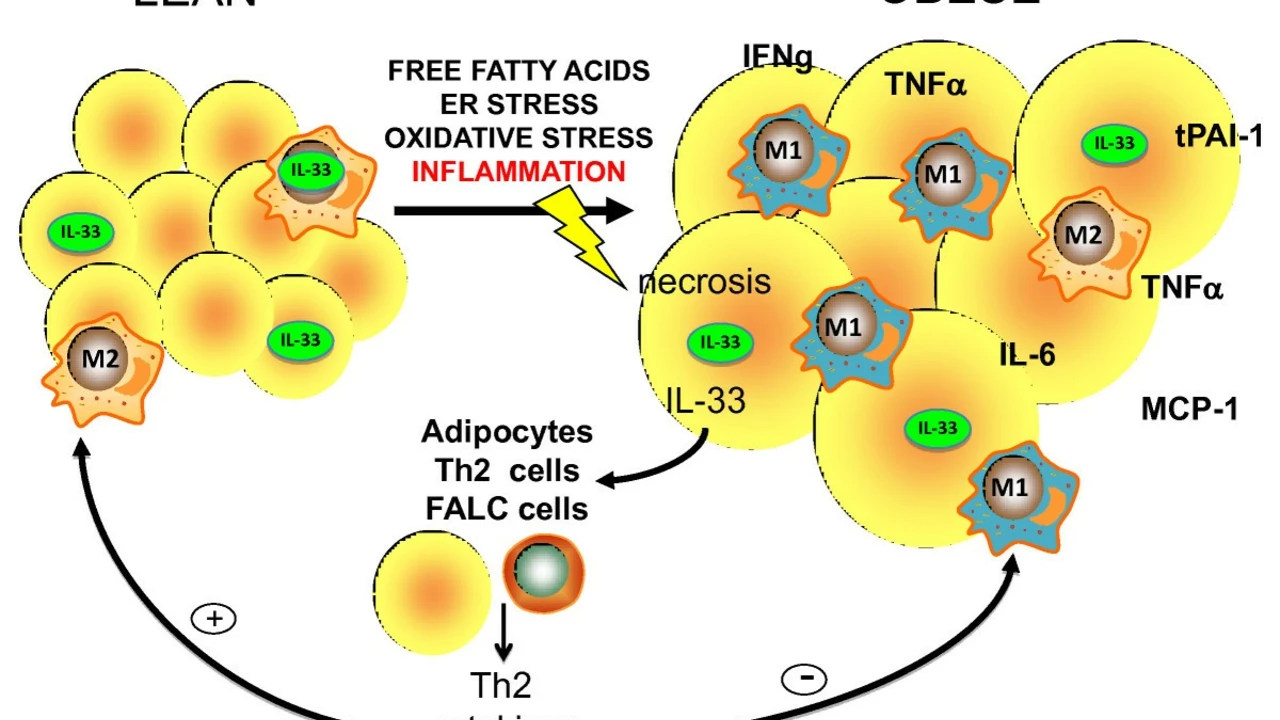Eye inflammation: causes, symptoms, and quick fixes
Eye inflammation can be painful, blurry, or red. It's a common problem that covers things like conjunctivitis, uveitis, blepharitis, and keratitis. Knowing basic causes, what to do at home, and when to see a doctor helps you avoid complications. This guide gives clear, practical steps to handle eye inflammation fast.
Common causes include infections (viral or bacterial), allergies, eye injuries, dry eyes, and autoimmune conditions. Contact lens misuse is a frequent trigger. Sometimes medications or recent surgery cause inflammation too.
Look for redness, pain, light sensitivity, tearing, discharge, blurred vision, gritty feeling. If one eye is worse or both, note differences: viral often watery, bacterial thick yellow, allergies itchy and watery.
Quick at-home steps
For mild cases try warm or cold compresses, depending on comfort. Clean eyelids gently with a damp cloth. Stop wearing contacts until healed. Over-the-counter lubricating drops help dryness but avoid antibiotic or steroid drops unless prescribed.
Try warm compresses for blocked glands, hold for five to ten minutes, two to three times a day. For itchy, watery eyes from allergies use cool compresses and antihistamine drops. Gently wipe away crust with baby shampoo and warm water. If discharge is thick, call your doctor before sharing towels or returning to work.
When to see a doctor
See a doctor right away if you have severe pain, sudden vision loss, intense redness, bright light sensitivity, pus drainage, or a scratched cornea. Seek urgent care after recent eye surgery or if a chemical got in your eye.
Don't wait if vision drops or pain increases quickly. Also get checked if redness spread across the white of the eye or you see halos around lights. If treatments at home don't help within 48 hours, make an appointment. Bring a list of meds, recent illnesses, and contact lens brand when you visit. Quick treatment can prevent scarring or lasting vision loss.
Special cases: if you have diabetes, HIV, or take immune-suppressing drugs, infections can be worse. Eye inflammation that comes with fever or swollen lymph nodes needs prompt care. For recurring redness or pain, ask about tests like slit lamp exam, cultures, or blood work. Eye specialists (ophthalmologists) handle complex cases; optometrists manage common problems and can refer.
Prevention pays: keep contact cases clean, replace lenses per schedule, wear sunglasses outdoors, and treat allergies early. Small daily habits cut infection risk and keep your eyes comfortable.
If you're unsure, a quick phone consult with your clinic can save time and avoid worse problems. Act early for better outcomes.

Understanding Eye Inflammation and Its Link to Light Sensitivity
Explore the link between eye inflammation and light sensitivity. Understand the causes, symptoms, and tips for managing these conditions. Discover practical advice for maintaining eye health and reducing discomfort.
Health and Wellness
The Role of Stress in Causing Eye Inflammation
In my latest blog post, I've discussed the fascinating, yet concerning, link between stress and eye inflammation. Stress, both emotional and physical, can trigger an inflammatory response in our bodies, which can often manifest as inflammation in our eyes. This can lead to discomfort, blurred vision, and if not managed well, could result in more serious eye conditions. It's essential to manage stress effectively, not only for our overall health but specifically for maintaining good eye health. So, it's clear that our stress levels can indeed affect our eyesight, making stress management crucial for vision care.
Health and WellnessLatest Posts
Tags
- online pharmacy
- medication safety
- generic drugs
- medication
- dietary supplement
- side effects
- online pharmacy UK
- drug interactions
- mental health
- impact
- online pharmacies
- statin side effects
- dosage
- generic vs brand
- pediatric antibiotics
- antibiotic side effects
- skin health
- health
- pain relief
- dietary supplements



